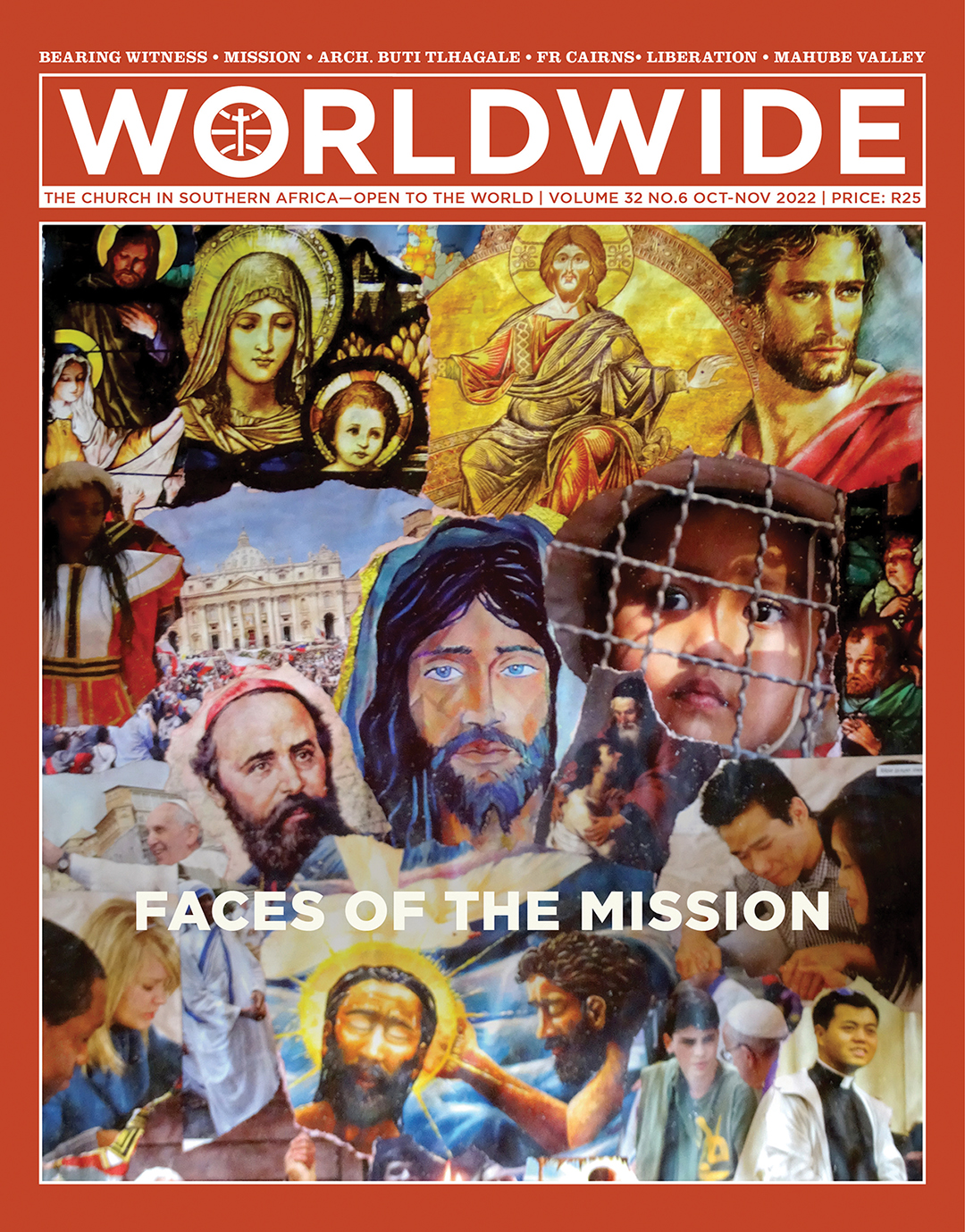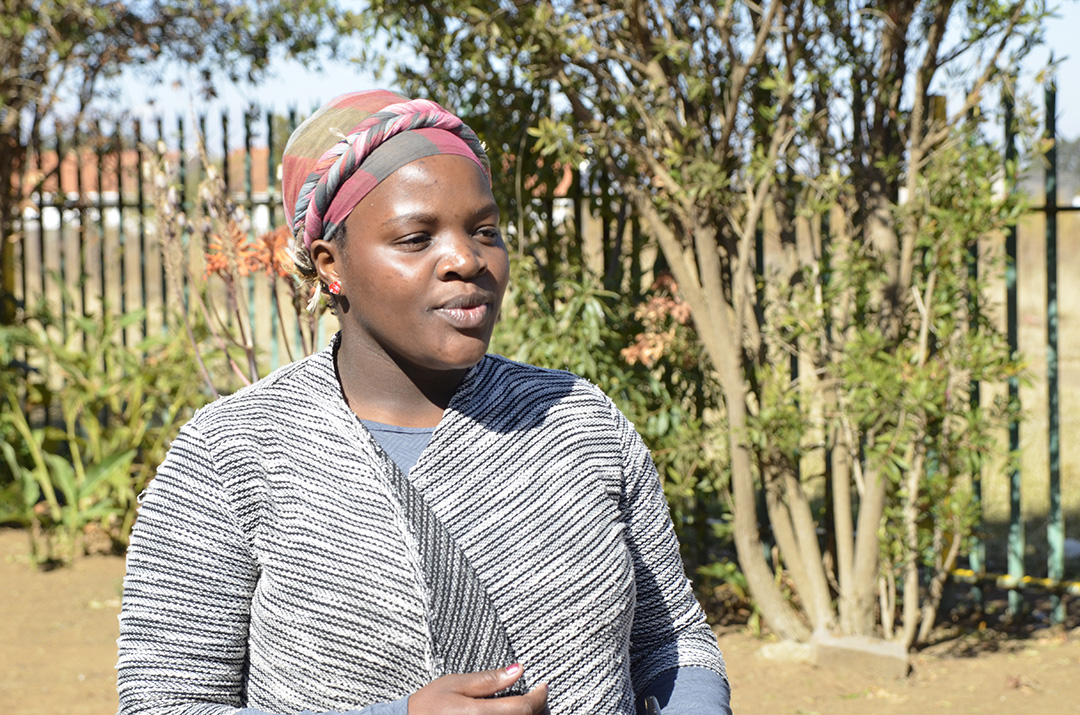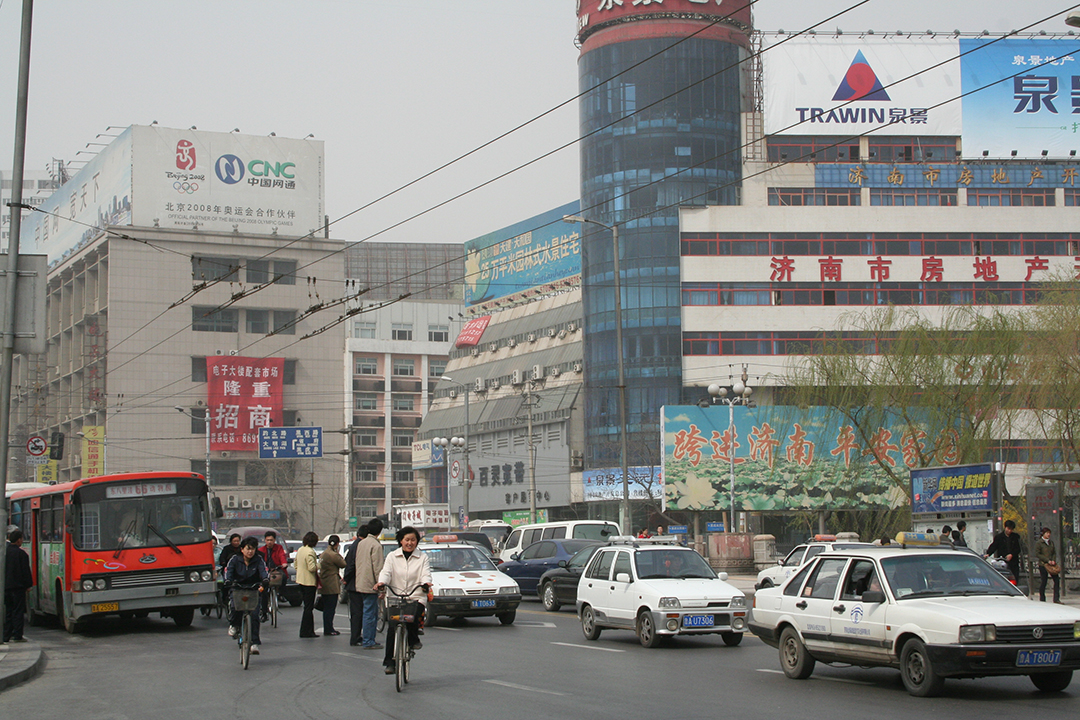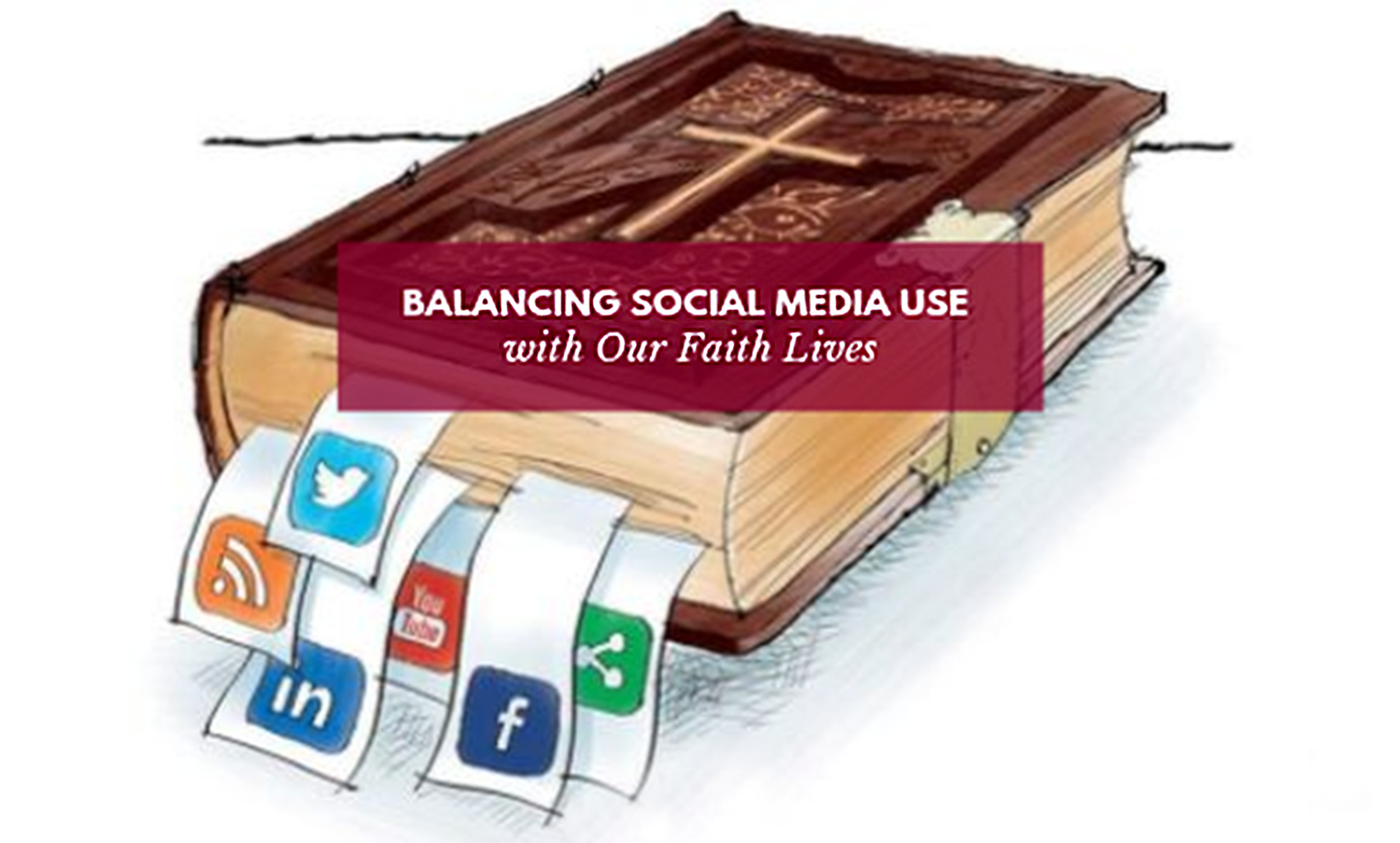Special Report • BEARING WITNESS
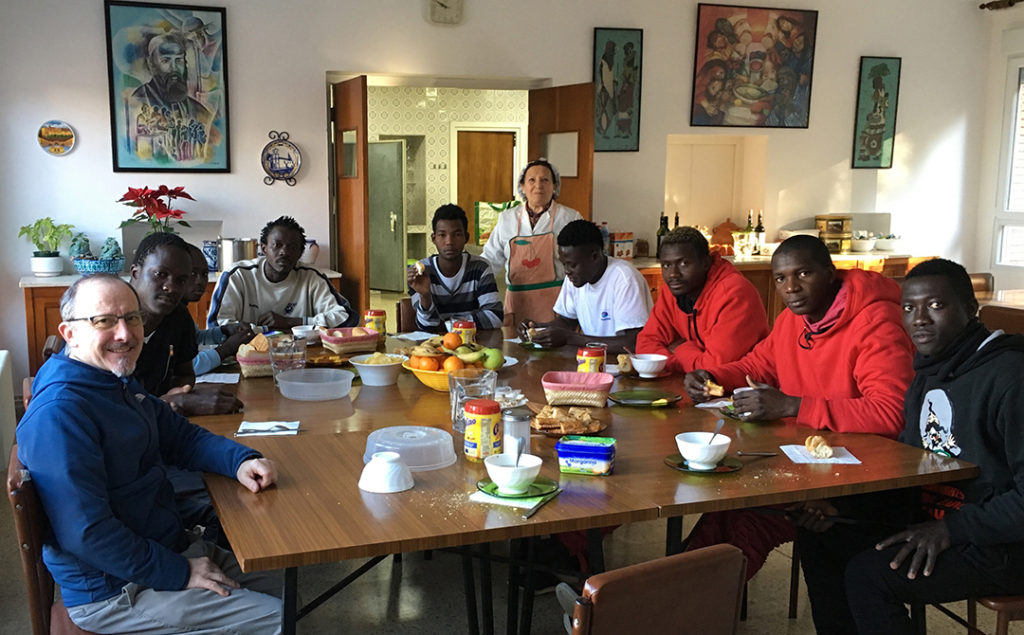
Mission: Duty or the joy of sharing?
Missionaries participate in God’s transforming action in the world and witness His active presence among the peoples they are sent to, long even before their arrival. Three attitudes seem to be most necessary for the mission today: dialogue, synodality and humility
BY Fernando Domingues, MCCJ | Lisbon, Portugal
ONE OF my favourite stories of missionaries, comes from a letter written by a brother working in China in the last years of the nineteenth century.
It goes like this:
“I can never thank God enough for making me a missionary in China. When I think of the countless graces I have received, and continue to receive up to now, the most beautiful vocation in the world is to be a missionary.” Letter of Joseph Freinademetz, 1887.
Certainly, he did not lack difficulties to face, but this missionary felt clearly that the joys and the beauty of his life were worth much more than all the renunciations he had made.
Deprivations and difficulties exist on every path of life, but the mission of taking the Gospel to other peoples is something that fills the heart with joy and makes us participants in a process much greater than the challenges we may face. The truth is that we participate in God’s work of transforming our world. We work on His project.
In past times, we liked to underline the missionary duty and the obedience to Jesus’ command: “Go and proclaim” (Mt 28: 19, 20). Men and women left everything and faced countless difficulties to bring the Gospel of salvation to people living far away.
God’s preceding action
Nowadays, the missionary mandate of Jesus, “Go!” has lost none of its importance and urgency, but there is another dimension which has been brought to our attention: Jesus’ reason to send us, namely, that His presence is already active in the whole of humanity.
Many missionaries, men and women, returning to their countries of origin, were never tired of saying, “It is much more what we have received, than what we gave”; perhaps only now we are beginning to understand what this means.
Do missionaries go to ‘take and give’ or to ‘receive and bring’?
Now, our missionary service is more focused on the call of transmitting the Gospel by a witness of life
The answer lies in the Gospel line right next to the missionary mandate: “all power in heaven and on earth has been given to me” (Mt 28: 18). The risen Jesus is already present everywhere, transforming the world and the people who inhabit it, with the divine energy that is His Spirit. This is why missionaries are invited to set out, to collaborate in this transformation that the Holy Spirit of Christ is already accomplishing.
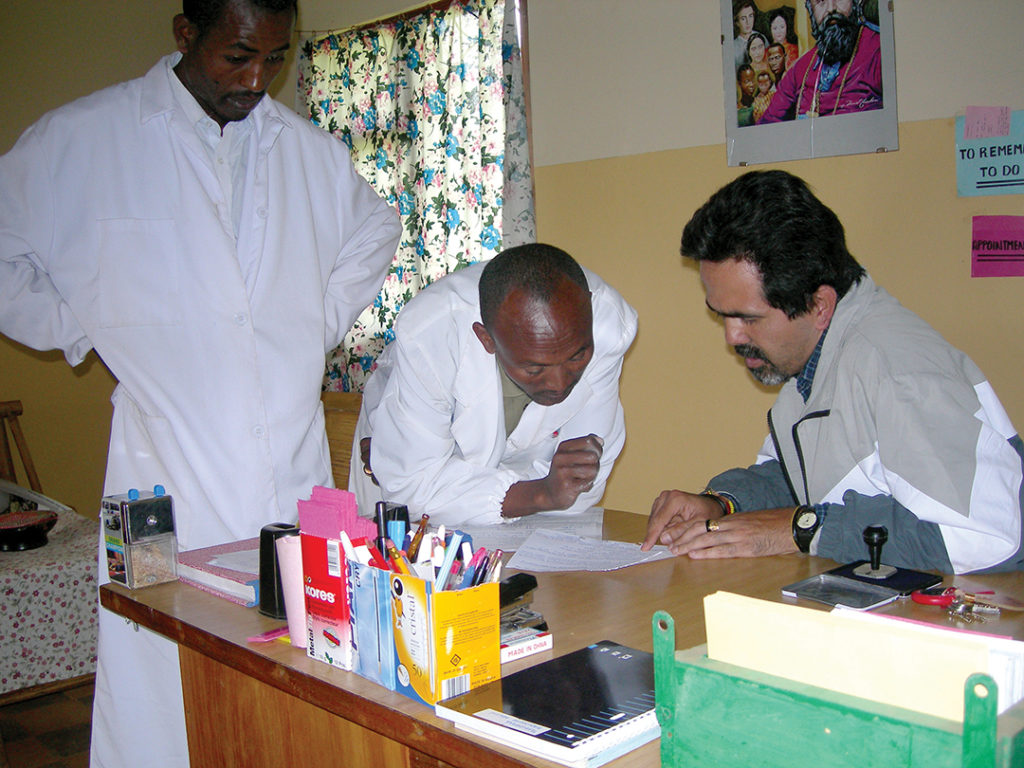
Jesus Himself spoke of this reality on several occasions. When He appeared to the women on the morning of His resurrection, He asked them to go and tell His disciples that they should “set out for Galilee, because He was going before them and they would find Him there” (Mt 28: 8–15). We confirm this in many ways in our missionary life. In the peoples to whom we bring the Gospel, we find many signs of God’s presence, active in their lives, long before we arrive. Explaining the parable of the seed, Jesus says that the sower is the Father and the seed is the Word of the Gospel. God began this sowing long ago, in the heart of every person, and particularly in the various religious traditions with which people turn to God. Now what God needs is “many labourers for the harvest” (Lk 10: 2).
In a similar language, the ancient Fathers of the Church looked at the non-Christian cultural and religious traditions of their time and reaffirmed the presence of the Word of God, in the form of a seed: Logos spermatikôs.
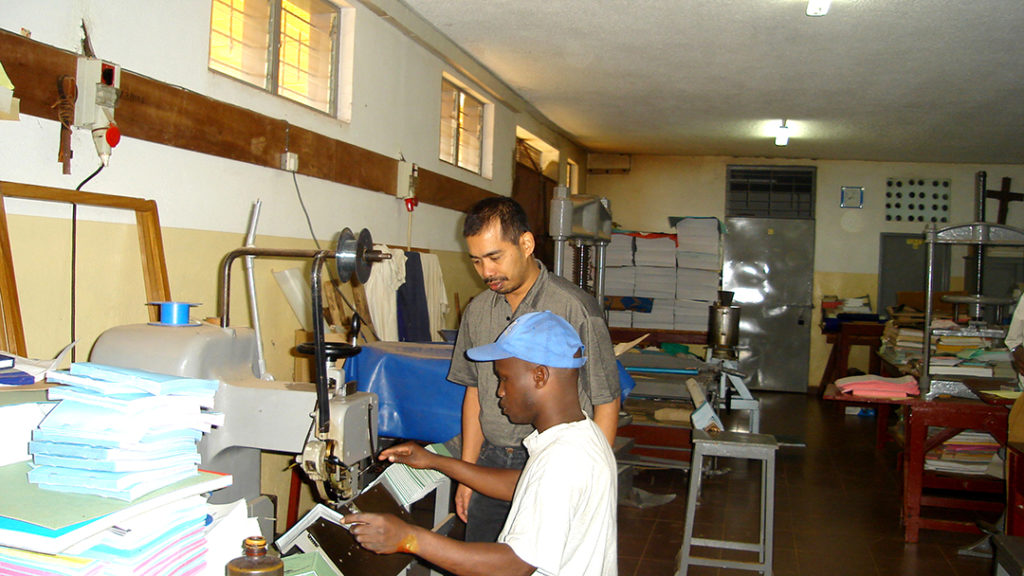
The joy of the missionaries who leave their homes, and of all the people who dedicate themselves to proclaim and witness their faith, is the joy of sharing with others the best they have, which is the Gospel of Jesus. At the same time, they discover and receive the gifts which the Spirit of Jesus has already been nurturing throughout centuries in the cultures of those people among whom they live.
From labours to witness
Pope Francis has challenged many of us, asking us to reflect anew the way of living our missionary life. He likes to use the expression “I am a mission in this world” and he adds, “I cannot separate my mission and my personal life” (Evangelii Gaudium 273).
An elderly missionary recently shared with me his apostolic labours saying: “I don’t even know how, but in the mission where I was, I managed to build 40 chapels and five churches which today serve five new parishes”. Extraordinary, without doubt; those more than 40 Christian communities are very grateful for his generosity and for those who supported his missionary service. It was a time when it was necessary to found communities, to establish the first structures.
Now, the communities have a minimum of consistency and our missionary service is more focused on the call of transmitting the Gospel by a witness of life, leaving the buildings as fruits of the efforts of local communities as they grow.
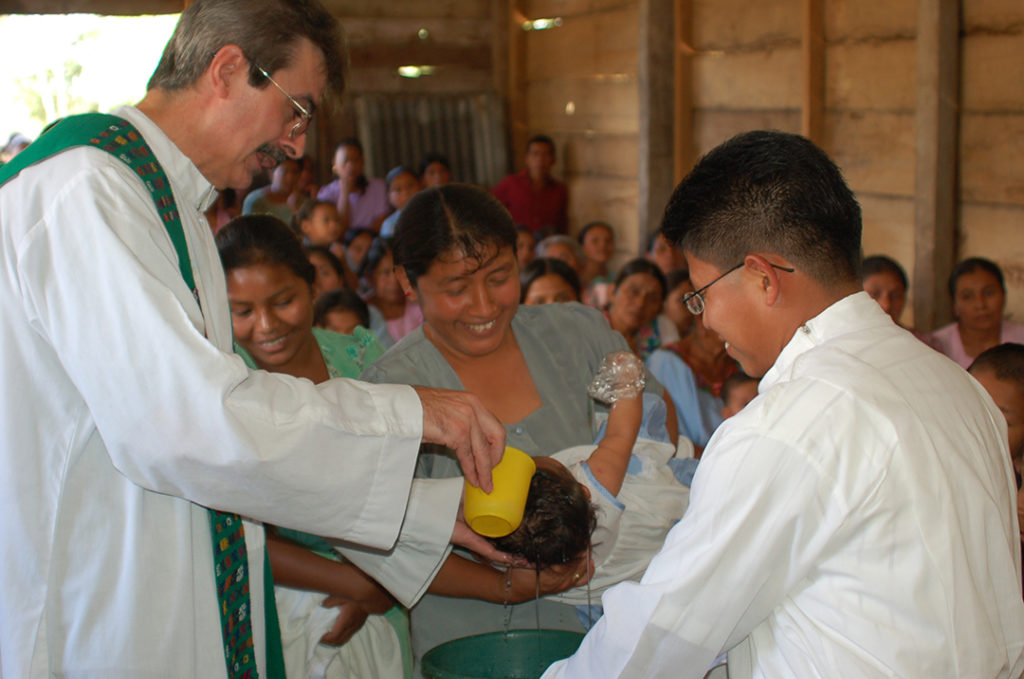
Some work will always be necessary, and there will be no lack of generosity among the various churches that continue to support one another fraternally, but the missionary endeavour to proclaim the Gospel through a witness of life underlines, in a new way, the need for more contemplative missionaries. In the contemplative prayer of the missionary there is an ‘ascent’ and a ‘descent’: the missionary needs to ‘go up’ to God; in prayer and meditation, to contemplate the life and mystery of God, in order to bring one’s heart and thoughts in harmony with God’s heart and plans. Then, he needs to ‘go down’, to look at the world, at the human communities to whom he is sent, in order to discover the movements of the Spirit of God; what God is inspiring and making grow in them. Our witness of life could help the Christian communities to discern God’s action and to adjust their life in the direction which they want to go.
The certainty that God is already present and active in the lives of the people and communities that receive us, frees us from the anxious rush that sometimes characterises some missionary initiatives. Our missionary presence must then be marked by dialogue, by the ability to walk together—synodality—and by a humble presence.
Dialogue
Dialogue with believers of other religious traditions is an indispensable element in our missionary service. The Gospel is not imposed, but offered in a respectful dialogue with those who want to approach Jesus and His Church. This is the way God Himself follows, as the document of the Holy See explains referring to dialogue and proclamation in a missionary context:
“God, in a dialogue that lasts throughout the ages, has offered and continues to offer salvation to humanity. In order to be faithful to the divine initiative, the Church must therefore enter into a dialogue of salvation with everyone”. (Pont Council of Interreligious Dialogue and Congregation of the Evangelization of Peoples, 1991. Dialogue and Proclamation n. 38).
The missionary endeavour to proclaim the Gospel through a witness of life underlines, in a new way, the need for more contemplative missionaries
This dialogue between our faith and the religious tradition of the people we encounter is not a simple discussion which is quickly concluded. It is a dialogue of life in which the passage from one faith to another is made slowly and few elements taken at a time. At a recent meeting, some of my colleagues noted that in a certain African country, “there are still many elements of the old religions in the lives of our Christians”. Today we have a clearer awareness of the fact that the process of conversion to a new faith can take several generations, and may never be complete. These are issues that touch on the deepest realities of human life. People need a long time to change the fundamental realities of their lives.
The new Christian communities that are springing up are born and grow with a soul of their own and develop their own ways of praying, of organising themselves, of transmitting their faith. New forms of Christian life, celebration and thought, are to be shared so as to enrich other communities, including those which sent the missionaries (Vatican II, Ad Gentes n. 22).
Journey together: synodality
The different Christian traditions that grow in diverse missionary contexts are fruits of a journey that God has made with them in the proclamation of the Gospel. Today there are liturgical music, ways of praying, of organizing Christian communities where there are very few clergy, that are shared between the various Churches.
The synodal journey is much more than a few meetings in which we give our opinions. It is a way of being Church in which each Christian community makes known to others its journey and finds, in other communities, clues to better orient its own future. Then, we are not only people walking together, but Churches of the different countries and continents called to enrich and enlighten each other’s journey. Let us think, for example, of the Latin American Churches’ journey in recent decades, presented in the document of the Assembly of Aparecida (2007). It has now enriched other Churches of other continents through the teaching of Pope Francis, who took part in that Assembly.
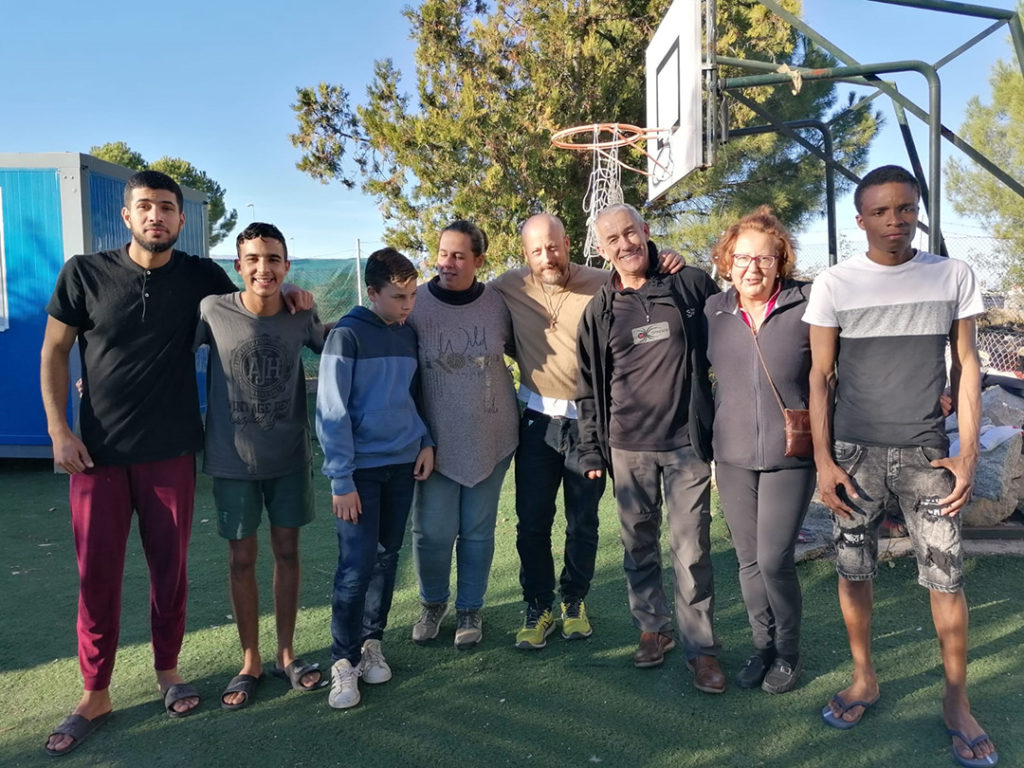
The missionaries who leave their countries, sent by one Church to serve other Churches, in different cultural contexts, and who later return enriched by new experiences, are first line protagonists in this process of exchange and mutual challenge and enrichment between Churches in the various continents. The best they can do at their return is to tell how, there, “the Word of God grew and multiplied” (Acts 12: 24).
Humble way
This mission among Churches that we live today can only be carried out authentically if we all agree to walk a path of humility. When God looks at our world, He does not see rich and poor communities, but families of sons and daughters with different riches that everyone can share with one another.
Every Christian community, on its journey, has experiences, discoveries, successes and failures, which can be shared, so that everyone can learn a lot and find new paths, by looking at others’ journeys.
Those missionaries who leave their countries must do so with the willingness to learn with humility, looking with respect at what the Spirit of God is doing in other lands
No group and no Church possess the Holy Spirit exclusively. We all have something to teach and to learn from others. Centuries of Christianity in some areas may have greatly deepened the Christian faith, but they have also accumulated less important elements obscuring essential aspects of the Gospel. More recently established communities, freed from the weight of certain ancient traditions, are often able to grasp and express the Gospel more directly and clearly. We missionaries have to learn to proclaim the Gospel better, strip it of our cultural traditions, so that the Gospel may be expressed in the cultural traditions of the peoples to whom we are sent. This leads us to see more clearly what is at the heart of the Gospel, distinguishing what is essential from what is less important. Those missionaries who leave their countries must do so with the willingness to learn with humility, looking with respect at what the Spirit of God is doing in other lands.
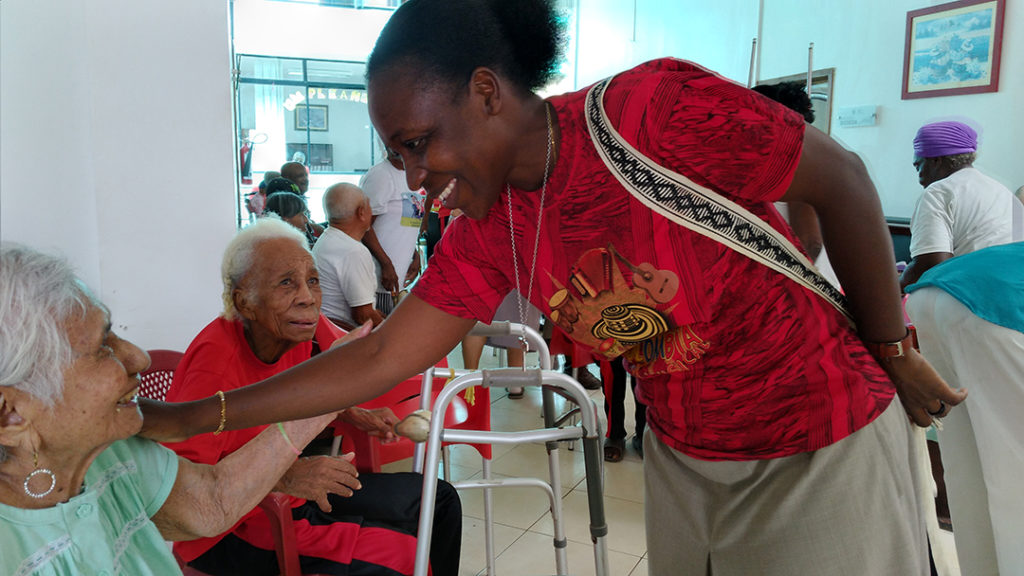
We are living a new awareness that we are all missionaries because we are disciples of Jesus. We are all invited to share the best that we have: the faith which we live in our Christian communities.
Proclaiming and witnessing the Gospel of Jesus is not a duty imposed upon us. It is the opportunity we have of helping others to discover the active presence of Jesus in the world and in the life of every person. Jesus precedes us!
Christian communities make their journey with an immense variety of gifts; they celebrate and witness their faith with great creativity, in ways which are shaped, at least partly, by their cultural and religious traditions.
The missionaries, sent by a particular Church and received by another, far away, become instruments of a continuous process of exchange which allows Churches in various parts of the world to continue a true synodal journey of mutual enrichment, helping one another to discover new paths of universal communion in the great variety of gifts that the Lord gives to all.

